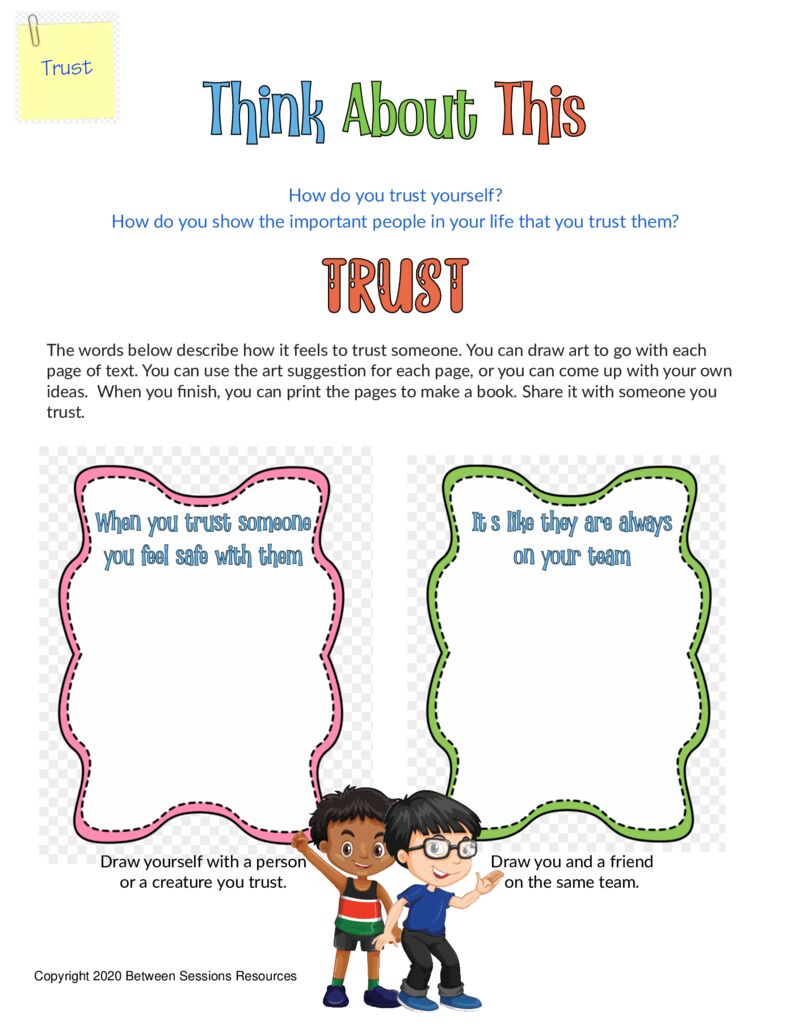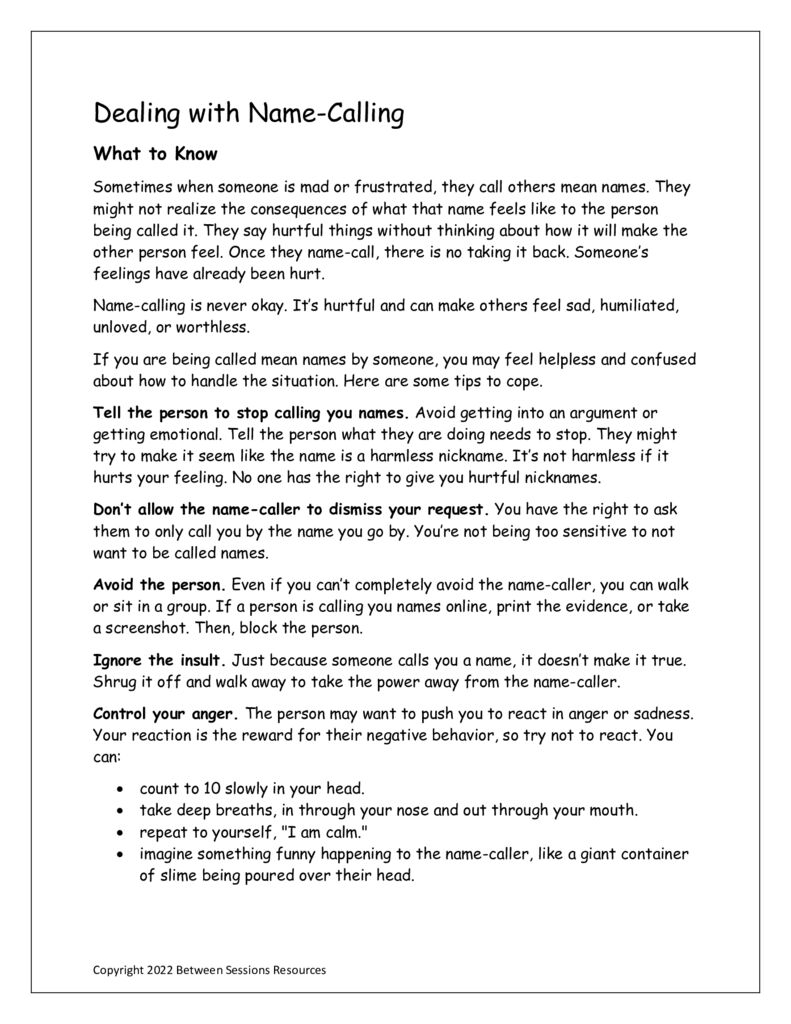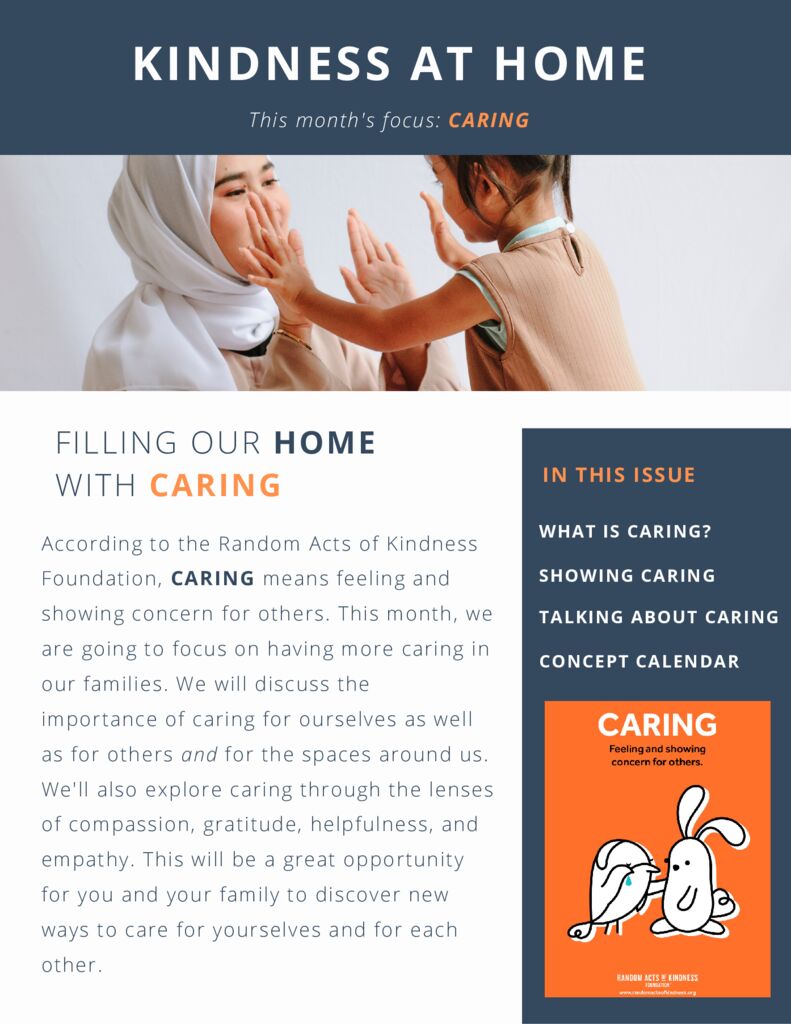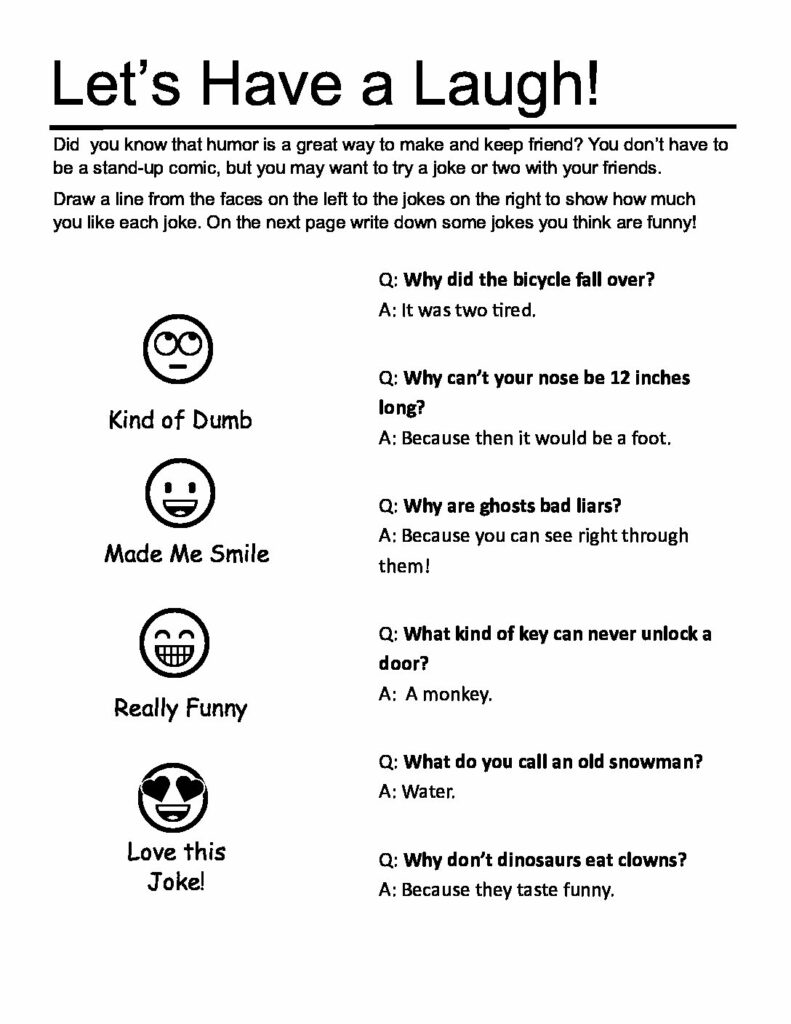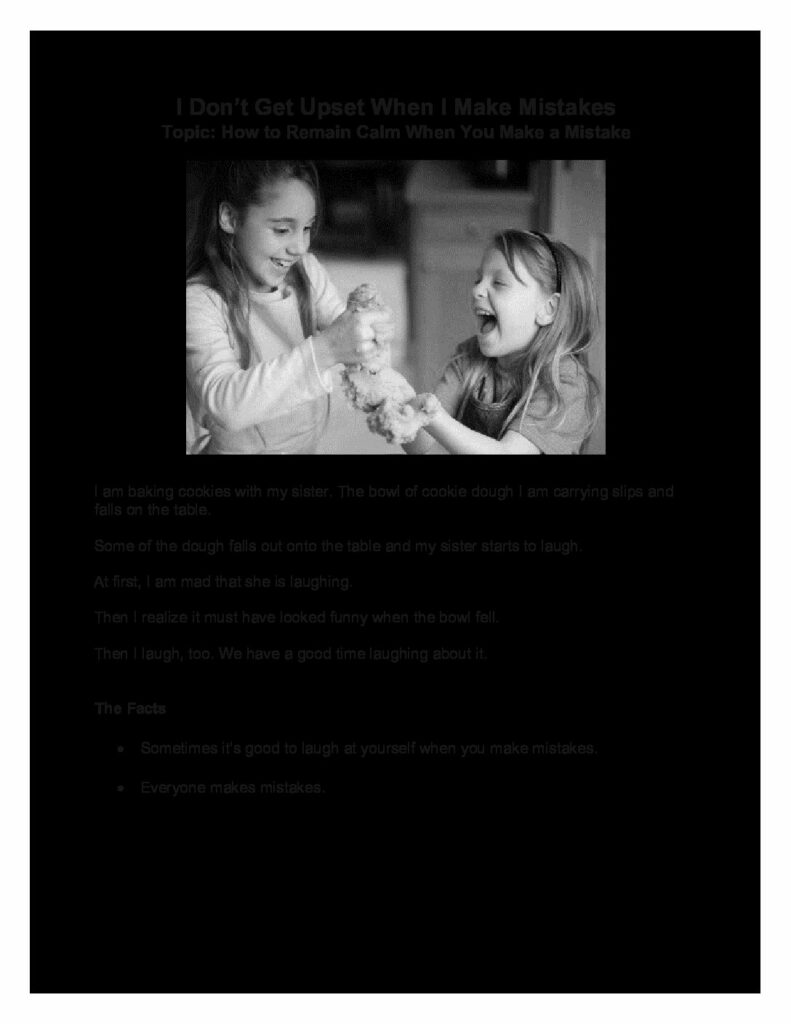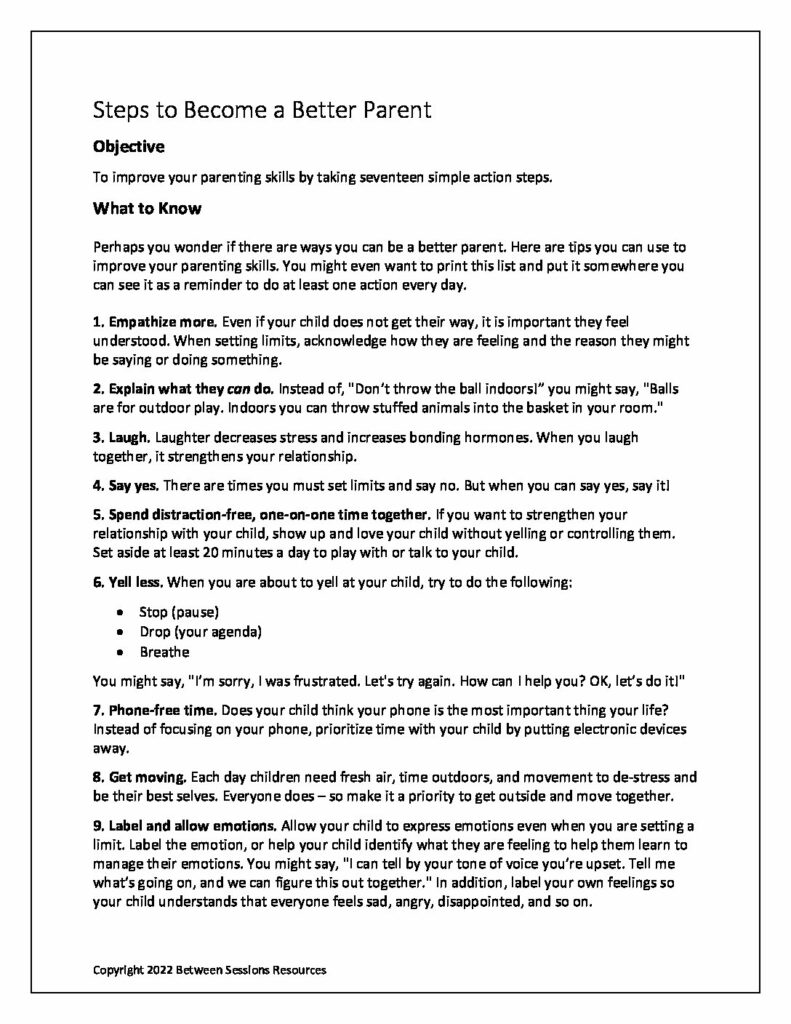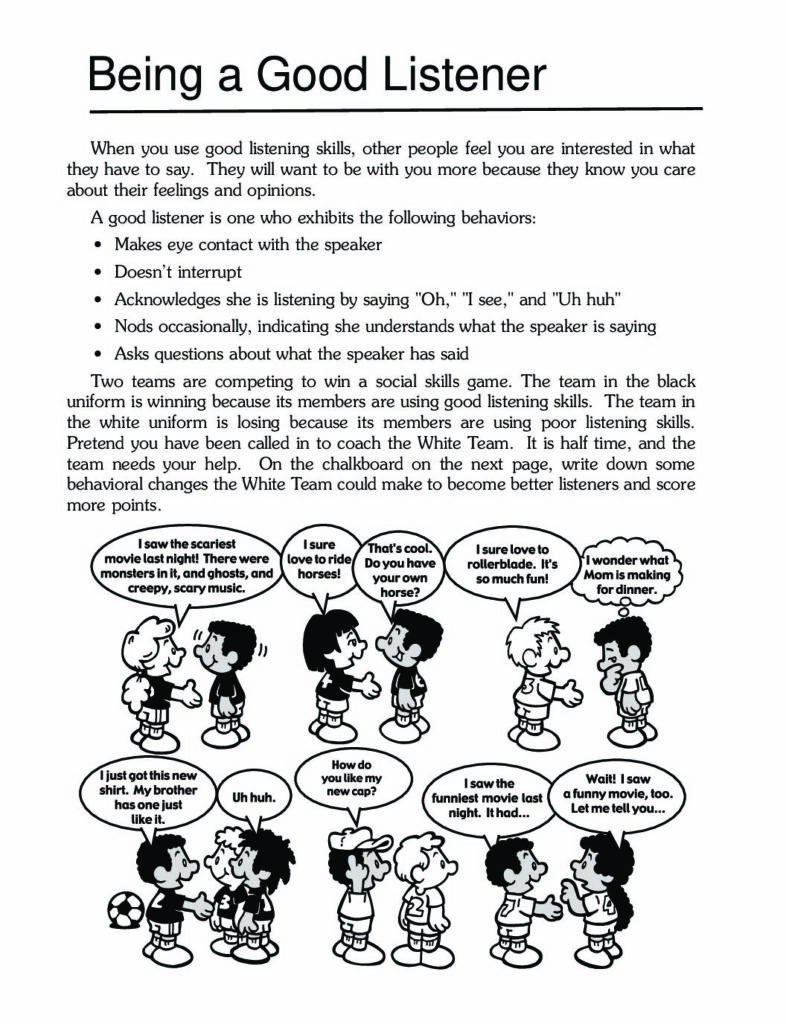This worksheet helps children understand the nature of trust. It asks them to identify people with whom they feel safe; people who are on their side; people who encourage them; and people with whom they can be themselves. It’s a great opportunity to talk to children about trust and what it means. (0822, trust, trauma)
This worksheet is designed to help children and younger teens deal with peers or siblings who call them names. It suggests six practical and effective ways to handle name-calling. It also contains questions to help kids or teens explore how they react to name-calling. (0722, teasing, behavior problems, sibling rivalry, bullying, Autism, ASD)
What could be more important than caring? This tool by RandomActsofKindness.org is designed to give families practical ways to support caring for others as well as self-care in the home. (0422, emotional intelligence, caring, self-care)
This worksheet for children and young teens explains how their body reacts to fear or perceived danger. (0322, fear, phobia, mind-body, anxiety)
Humor is an important emotional intelligence skill and an important part of making and keeping friends. This worksheet asks children to jokes according to which are funny and which are not. It also asks them to write down jokes that they think are funny. (0222, humor, fun, play, emotional intelligence, social skills)
This short social story tells about a girl who finds a way to still have fun when she makes a mistake while baking with her sister. The worksheet includes follow-up questions about accepting and learning from mistakes. (0122, social stories, Autism Spectrum Disorder, ASD, social skills)
This worksheet summarizes 17 key points in becoming a better parent, like: following through, monitoring screen time, asking questions, answering questions, and more. There is a brief description of each tip and a chart for parents to monitor which tips are most helpful. (0122, parenting)
This worksheet teaches children that people get angry to different degrees and in different ways. (1121, anger management, anger control, temper tantrums)
This worksheet helps children understand the importance of good conversational skills. (1021, conversation, social skills, communication(
This worksheet teaches children basic behaviors that will help them make and keep friends. (0721, social skills, making friends)

